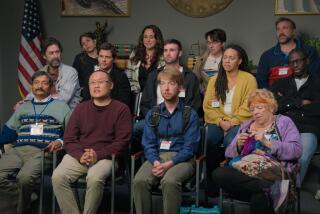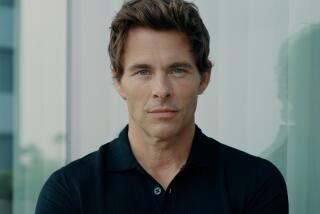Jury Selection and the Legal System
- Share via
In a letter to The Times entitled “Jury Duty’s Waste” (March 30), James Harris of Tustin airs his dissatisfaction with the jury process. In his cynical comment, Harris suggests that attorneys use their peremptory challenges as a way of extending trial time by “days, weeks or months” in order to further their “money--making schemes.” While the author of that letter may have been called for jury duty, it is evident that he has never been summoned as a defendant in a lawsuit tried by a jury.
The jury system was devised hundreds of years ago under English common law to avoid capricious or arbitrary decisions. The jury process is deeply embedded in the United States Constitution for the same reasons. Through a procedure known as voir dire, attorneys, as well as the judge, question jurors to determine their qualifications.
It is imperative to the preservation of a fair trial that any potential bias or prejudice of a prospective juror be discovered prior to trial. I am certain that Harris would not wish to deprive any person of a fair trial; however, he proposes that jurors be selected by drawing 12 names out of “a raffle--type cage and be seated without any preemptive challenges.” This proposal is derogative of the Constitution and the American system of jurisprudence.
Under such a system, a bigoted juror or one with a pecuniary interest in the outcome would decide the case without detection. Of course, there is no danger of such a jury selection process being implemented in any court. But my purpose in writing this letter is due (and perhaps the motivation behind Harris’ letter as well) to the failing confidence of the public in our legal system.
Attorneys and judges too often overlook the sacrifices that a juror makes when he serves. If more consideration was given to those who provide their services on a jury, the attitude of those persons toward the legal system would be more favorable.
DOUGLAS W. SCHROEDER
Irvine
More to Read
Sign up for Essential California
The most important California stories and recommendations in your inbox every morning.
You may occasionally receive promotional content from the Los Angeles Times.













